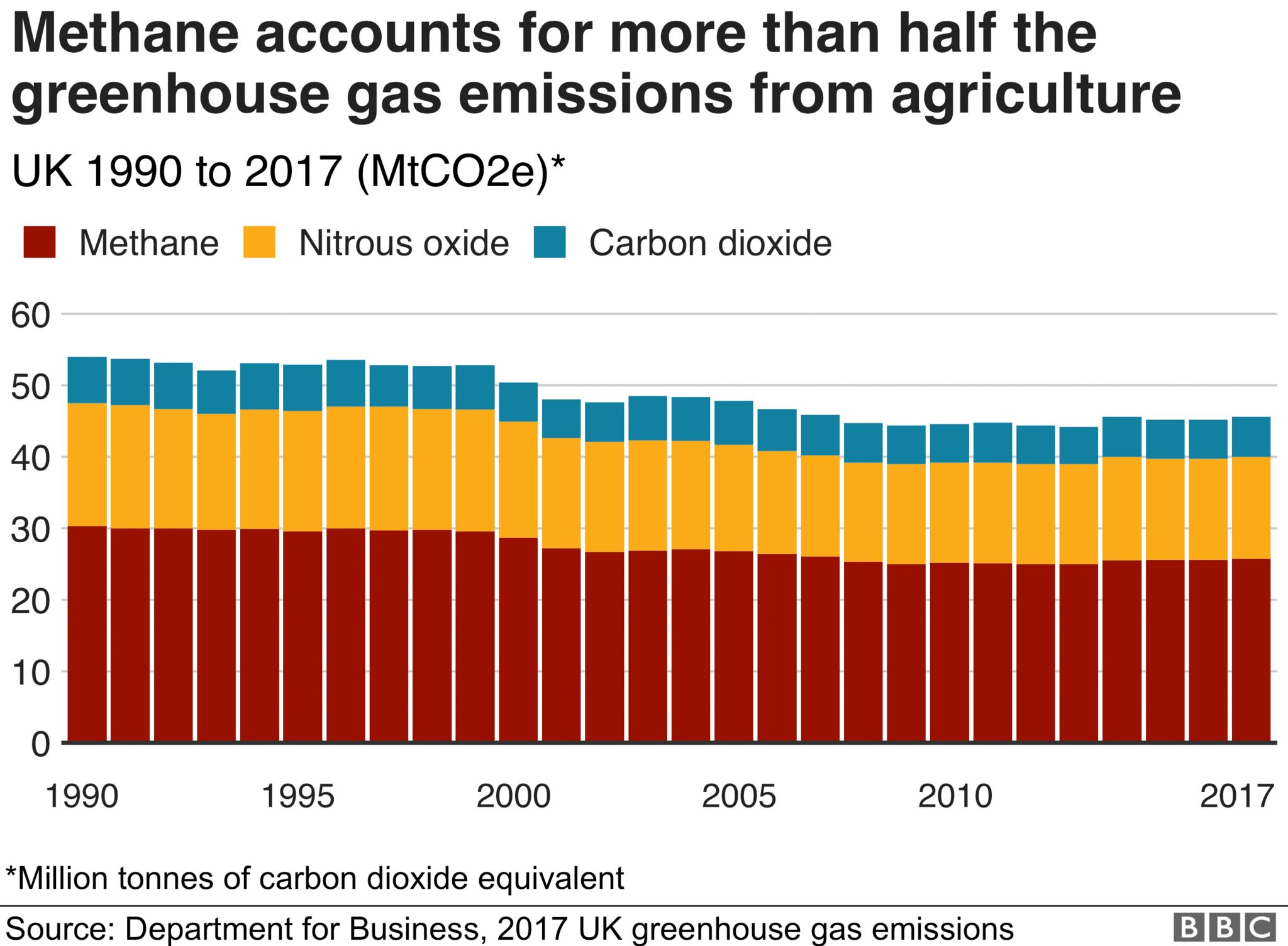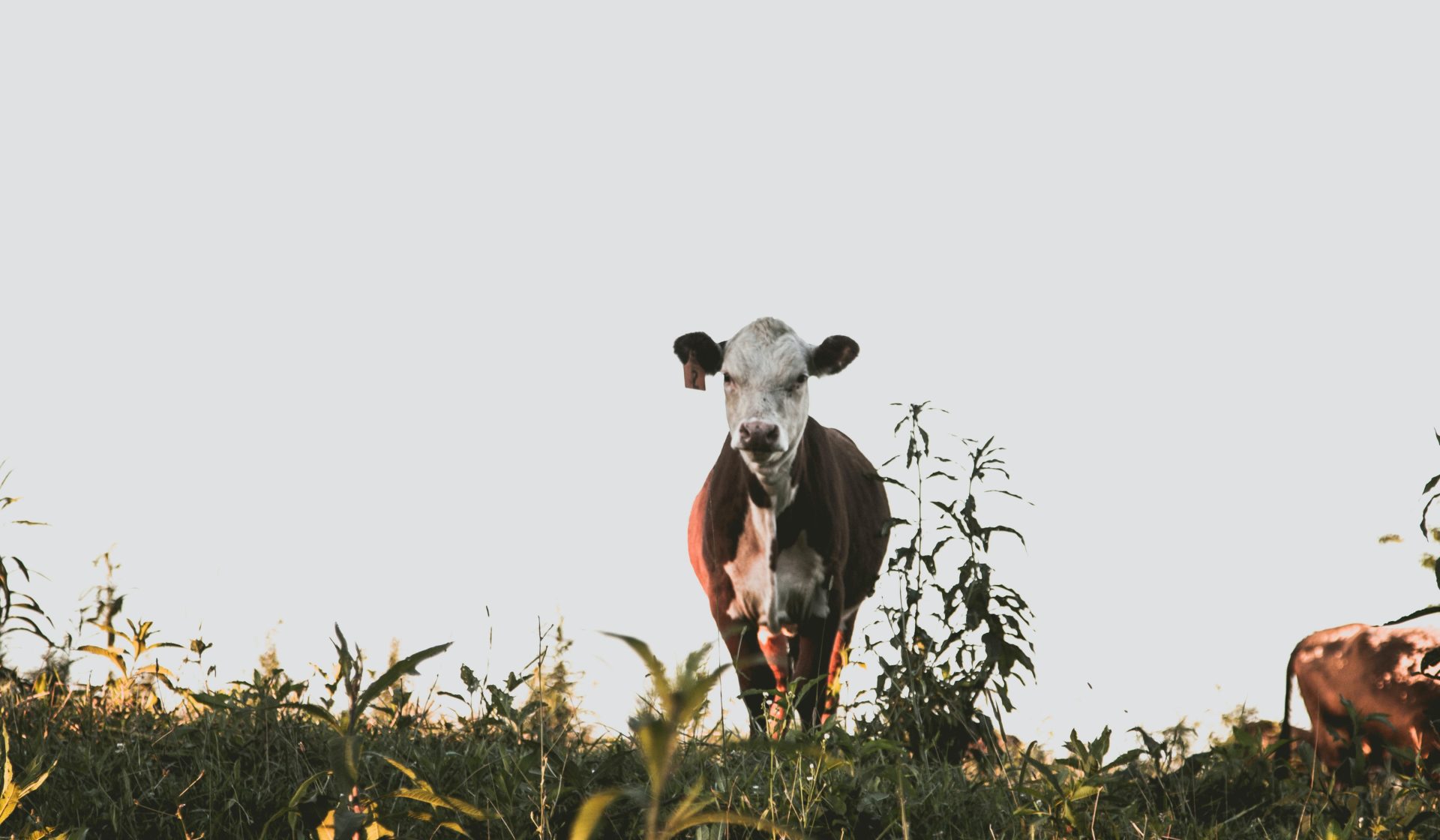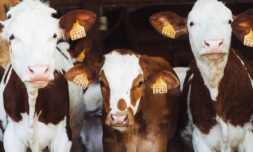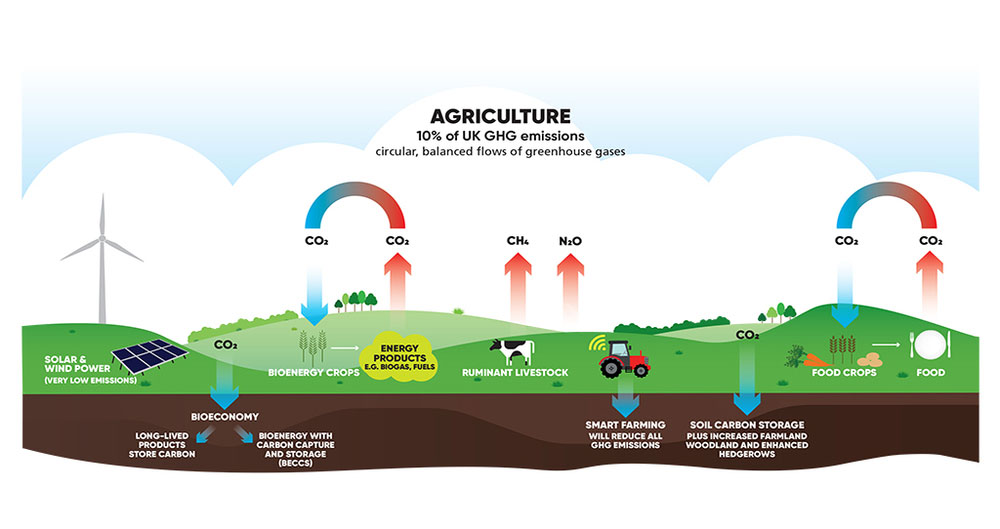British farmers must reduce their production of meat and dairy by a third in the next decade if scientific advice on limiting greenhouse gas emissions is to be met.
A major report by the World Wide Fund for Nature has said that farming needs to be at the forefront of the UK government’s plans to hit its net zero targets and tackle the climate crisis.
This is because livestock are both a major source of greenhouse gas emissions (from the methane they produce and through the carbon associated with the feed they eat) and linked to air pollution (from the ammonia that comes from their manure).
According to the organisation, the untapped additional potential of sustainable farming could reduce emissions equivalent to taking some 900,000 cars off the road, as well as help curb the global environmental footprint of the nation’s food production.
The right incentives would also work to restore the UK’s lost flower meadows, fragile peatlands, and boost populations of vulnerable species including grey partridges, tree sparrows and turtle doves, which have declined by at least 90 per cent in the last 50 years.

To do so, British farmers would need to reduce their production of meat and dairy by a third in the next decade.
That’s if scientific advice – outlined in last year’s devastating IPCC report which brought to light the stark reality of the state of our planet and was referred to by the UN Secretary General as a ‘code red for humanity’ – is to be met.
‘There is a real opportunity for farmers to increase their economic resilience, reduce dependency on artificial fertilisers and imported livestock feed, while simultaneously reducing emissions,’ reads the report, which is aptly titled Land of Plenty.
‘Restoring hedges and boosting soil quality will sequester more carbon, and will also protect landowners against future climate shocks, as ecosystems are returned to health.’






















